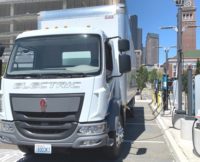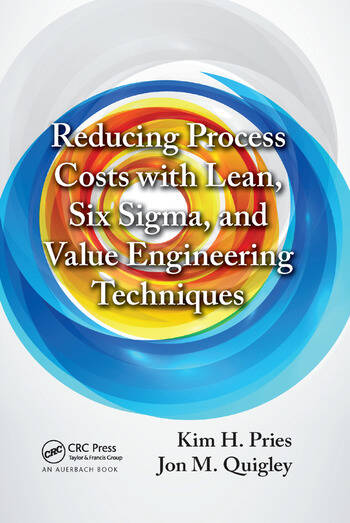BERKELEY, CA—According to a new study conducted by public policy researchers at the University of California, all new cars and trucks sold in the United States can be powered by electricity by 2035. However, the experts claim that most of the potential to reduce emissions, cut transportation costs and increase jobs will not be realized without robust policy reforms.
“2035 Report 2.0: Plummeting Costs and Dramatic Improvements in Batteries Can Accelerate Our Clean Transportation Future” claims that improvements in battery technology, cost, manufacturing scale and industry ambition will accelerate electrification of cars and trucks. The study also shows how the infrastructure needed to support this transition can be built quickly and cost-effectively.
“The case for electric vehicles is stronger than ever before and one of the most exciting findings of this study is the potential for large savings for all households,” says Nikit Abhyankar, Ph.D., senior scientist at the University of California, Berkeley Center for Environmental Public Policy. “With the right policies and infrastructure, electric cars and trucks will be much cheaper to own and operate.
“The rapid electrification of new car and truck sales would save consumers $2.7 trillion by 2050, which translates to about $1,000 for every household per year over the next 30 years, and would support a net increase of over 2 million jobs in 2035,” claims Abhyankar. “Combined with a 90 percent clean energy grid, electrifying all new car and truck sales would reduce air pollution, prevent 150,000 premature deaths and avoid $1.3 trillion in environmental and health costs through 2050.”
According to Abhyankar, by 2030 the U.S. could electrify all new car sales and over 80 percent of new truck sales, power them with 90 percent clean electricity, and reduce U.S. economy-wide climate pollution emissions by 35 percent.
“The uptake of electric cars and trucks can go much faster than previously forecast and is already exceeding market projections,” explains Amol Phadke, Ph.D., senior scientist at University of California, Berkeley Goldman School of Public Policy. “The performance and cost of the technology are ready to meet the needs of American drivers today, and the necessary charging infrastructure can be built cost-effectively without straining electricity grids.”
“There are significant, economy-wide benefits from switching to electric cars and trucks,” adds David Wooley, executive director of the Center for Environmental Public Policy. “Many of the health benefits will occur in communities of color and frontline communities that are disproportionately exposed to vehicle pollution.
“But, these benefits will simply not be realized without ambition and leadership on the part of policymakers and decision-makers,” warns Wooley. “Every year America stalls, our vehicle and battery manufacturing industries fall behind in global competitiveness, consumers are saddled with higher costs, and we miss the ever-narrowing window to address the climate crisis and ensure a livable planet.”
The 2035 Report 2.0 models the total cost of ownership for gasoline and electric vehicles, finding that electric trucks are already cheaper to own than diesel versions on a total cost-per-mile basis, and electric cars will be cheaper than gasoline equivalents within the next five years.








